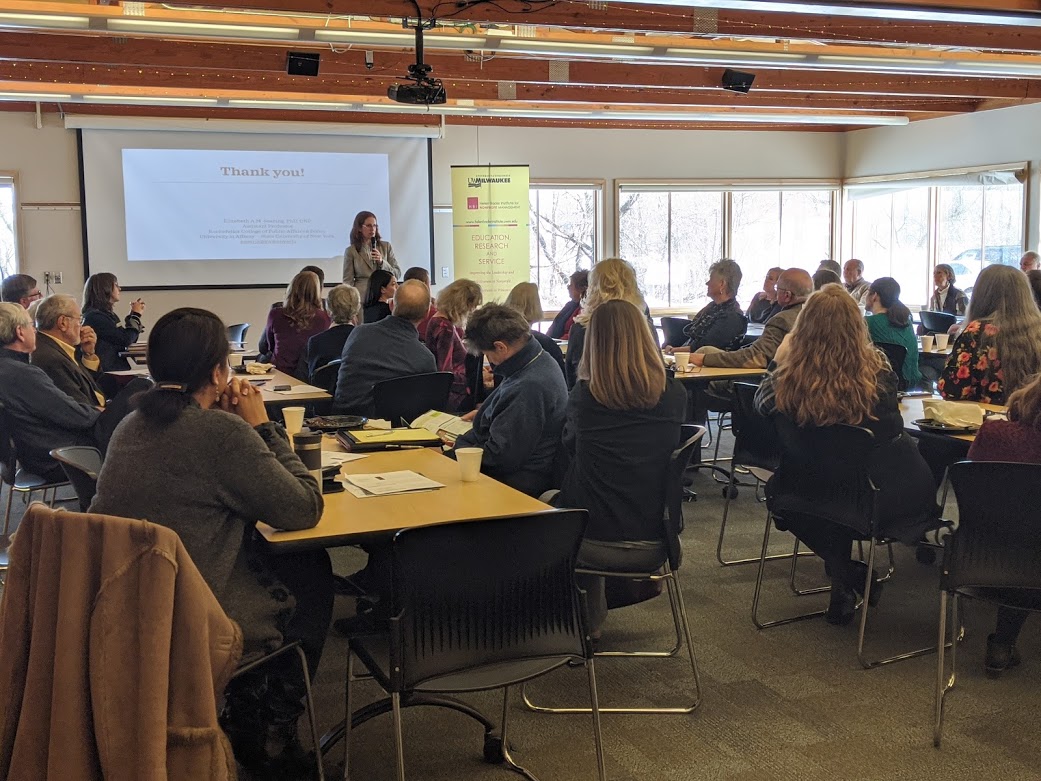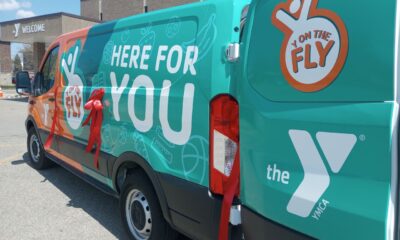News
Nonprofits battle misconceptions of overhead costs

Nonprofit organizations are in a cycle of trimming overhead costs, but those working in the sector said it is not a healthy trend.
The La Crosse Community Foundation and Great Rivers United Way invited Dr. Elizabeth Searing to speak with donors at the Myrick Park shelter in La Crosse. Searing is an assistant professor at the University at Albany (SUNY). She said there is a misconception that overhead costs related to the efficiency of a nonprofit organization.
“What we’ve actually seen over the last decade or so is that there has been such an abuse of this metric which really is a bad approximation for efficiency and effectiveness,” Searing said. “We’re actually seeing nonprofits try and slim themselves down to just barely functioning organizations to the point that you’re not actually able to deliver services as effectively.”
Searing said this interest in accountability from donors started in earnest in the 90s. She added if someone is willing to do the research into a nonprofit’s overhead costs, then that person should also look into the overall impact of the organization on the community.
“Stop worrying about the overhead,” Searing said. “Figure out what that organization actually does. Is it meaningful? Does it speak to you? It’s really important that we start having a conversation about taking care of not only program delivery but also on the health of the organization that is responsible for providing those services.”
Mary Kay Wolf of Great Rivers United Way said the nonprofit is constantly asked about overhead costs.
“Our overhead is actually quite low, and we make great impacts,” Wolf said. “I wonder what they are expecting for an answer? We have had people say we’re not going to run a campaign at our company because United Way’s overhead is too high. Well, I don’t know that they know what our overhead is and I don’t know what too high is to that individual.”
Wolf suggested using GuideStar or Charity Navigator to help compare charities because the websites compare nonprofits based on numerous factors.







